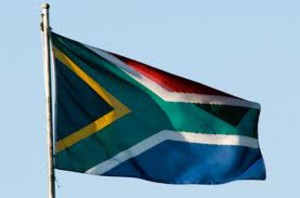Edinburgh – The “No” campaign won the Scottish referendum on Friday to keep the territory within the United Kingdom.
Chief Counting Officers Mary Pitcaithly and Sue Bruce for the city of Edinburgh announced that 55.42 percent of the Scots voted against independence while 44.58 percent voted in favour.
With a turnout of 84.48 percent, the votes counting started immediately after the polling stations closed on Thursday night. The referendum was overseen by the British Electoral Commission, an independent elections watchdog and regulator of party and election finance.
This is the first Scottish independence referendum in Britain’s history and official figures showed that about 97 percent of those eligible to vote in Scotland signed up to vote in the referendum, which is set to be the biggest poll in Scotland’s history.
If a simple majority of Scots voted for independence, Scotland would have become independent on March 24, 2016 after a period of negotiations with the rest of Britain, according to the whitepaper Scotland’s Future published by the Scottish government on November 26, 2013.
As the “No” campaign has won, Scotland will have more power as promised by the leaders of the three main parties in London, namely, Prime Minister and Conservative Party leader David Cameron, Labor Party leader Ed Miliband and Deputy Prime Minister and Liberal Democratic Party leader Nick Clegg.
In October 2012, Cameron and Scottish First Minister Alex Salmond, leader of the ruling Scottish National Party, signed the Edinburgh Agreement, allowing Scotland to hold an independence referendum in the autumn of 2014.
It is also the third referendum for Scotland after the two previous ones held respectively in 1979 and 1997 on Scottish devolution.
The referendum in 1979 failed to gain the mandatory 40 percent of the electorate, while the latter succeeded with an overwhelming majority of voters backing devolution.
As a devolved legislature, the Scottish parliament was reconvened in 1999 with authorities over some limited areas of home affairs, and the parliament of the United Kingdom keeps “reserved” powers including the ability to amend the terms of reference of the Scottish parliament.









